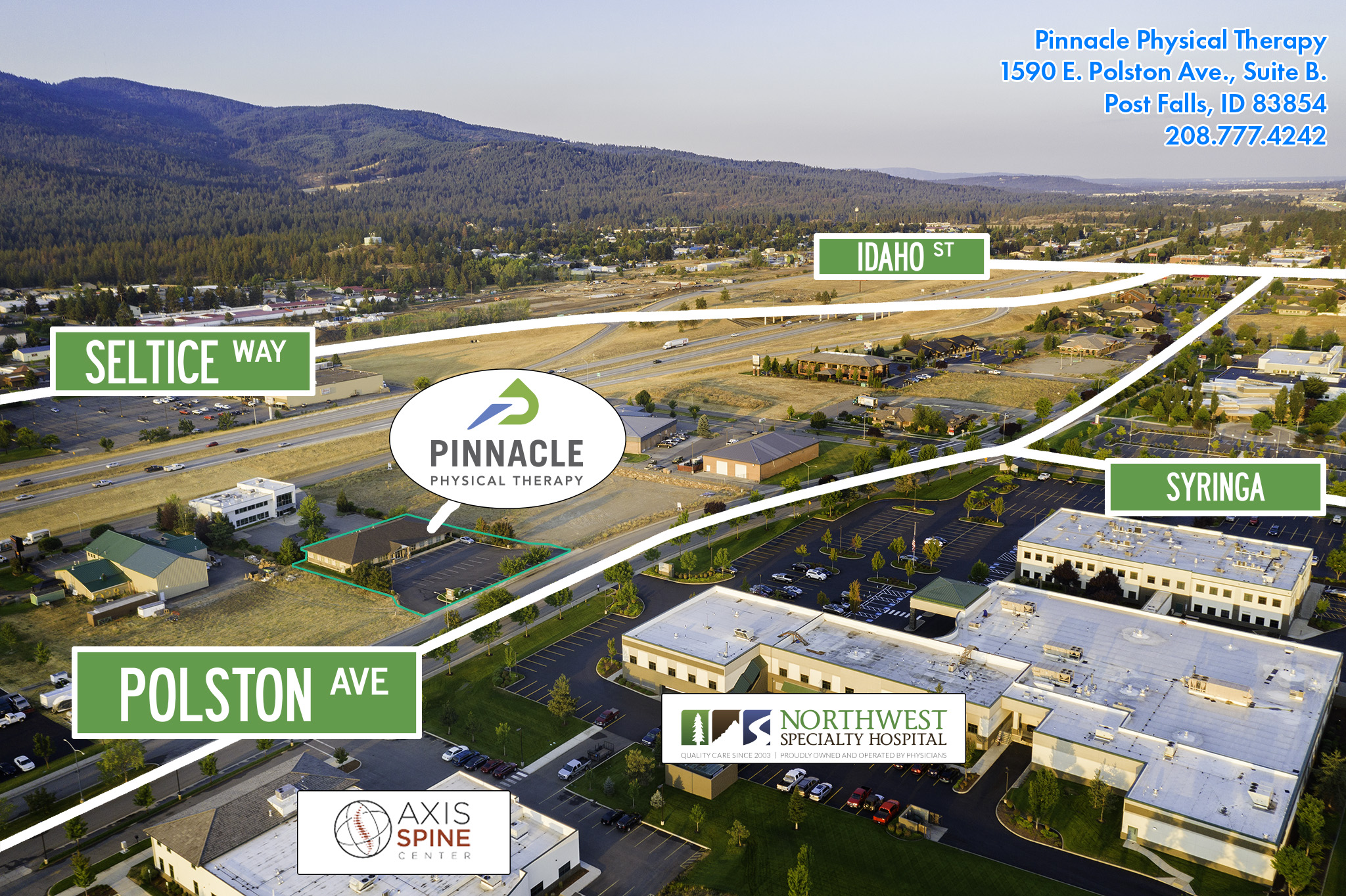A free interactive workshop
“I came in with a lot of pain in my left side. Having 3 pregnancies resulted in a very weak core and hip problems. PT has given me the knowledge and confidence to go about my daily activities without pain. After being in a lot of pain with limited range of motion so long, I feel so free. It has been so helpful and I loved working with Stefanie. I would recommend her and Pinnacle to anyone!”
How To Avoid Pain Related to Pregnancy and Return to Normal Activity
Learn from the area’s top pelvic restoration expert the top tips on taking care of the pelvis during and after pregnancy to avoid pain, restore the pelvis back to normal after pregnancy, and explore what long-term recovery looks like through pelvic restoration.
Wednesday, January 15th at 6:00 p.m.! Space is limited to 20 seats, with 6 remaining, register now!
We’ll answer the top 10 burning questions surrounding pregnancy such as:
Do I just have to live with Sciatica and back pain?
What should I expect when expecting in regards to pain?
Should I be doing kegels?
Is leaking normal?
What can I do to help with pain in pregnancy?
Is there anything I can do to prepare for labor and delivery?
How much is too much exercise?
When is it “go time” to put my body and pelvis back together?
When do I know I am safe to return to high level exercises?
When have I achieved optimal pelvic, diaphragm and core strength after delivery?
After having my second baby I had diastasis recti and weakened pelvic floor muscles. Stefanie worked with me to strengthen my pelvic floor and close the gap in my abdominal muscles. After 8 weeks of therapy I feel much stronger and my diastasis recti is almost gone. I am so glad I made the choice to come to therapy. -Natalie A.
Who Is This Free Workshop For?
Any women that are experiencing pain, joint instability and decreased ability to perform safe exercise during pregnancy (you do NOT have to have been pregnant recently to benefit from this class.
Women who have given birth (postpartum) and have lost core strength
Women who experience incontinence or frequency in urination
Women who experience pelvic pain, or pain with sexual activity
Women experiencing fatigue and poor aerobic and breathing capacity
Women experiencing Diastis Recti during and after pregnancy
Women with low back pain, SI joint pain, hip pain or Pubic symphysis pain and can’t enjoy walking and other activities
Women who are afraid that their pelvis and back pain will never get any better after pregnancy
Women who have had a painful and difficult pregnancy in the past in want to avoid it in future pregnancies
What You're Going To Learn
What happens to the pelvis and abdominals during pregnancy
What normal pelvis, diaphragm and abdominal positioning looks like
Key tests to diagnose pelvic dysfunctions
When and what exercises are appropriate during and after pregnancy
What really works for getting abdominals back to normal
How to walk, move, and return to everyday life while emphasizing core stabilization
How to maintain a strong core for future exercise and future pregnancies
We will reserve only 20 seats for this event, on 6 seats remaining. Register now or call 208.777.4242 to get back to living a healthy pain-free life. Everyone who registers will receive free tips on how to re-position the pelvis, and optimize the pelvic floor and diaphragm position.







